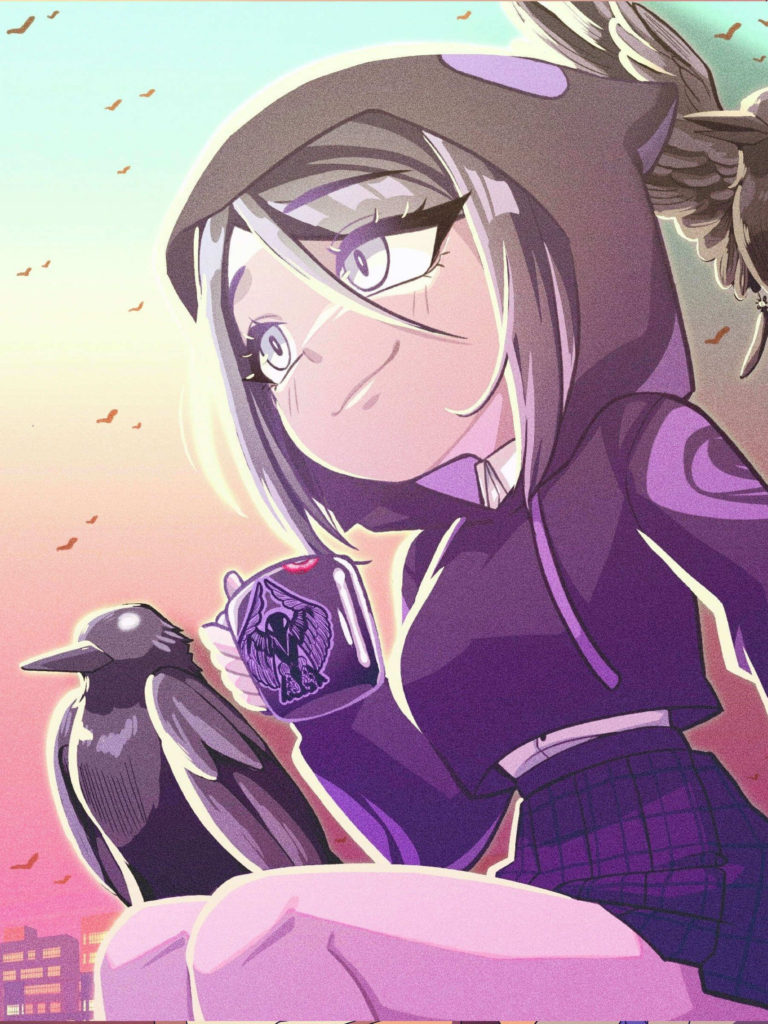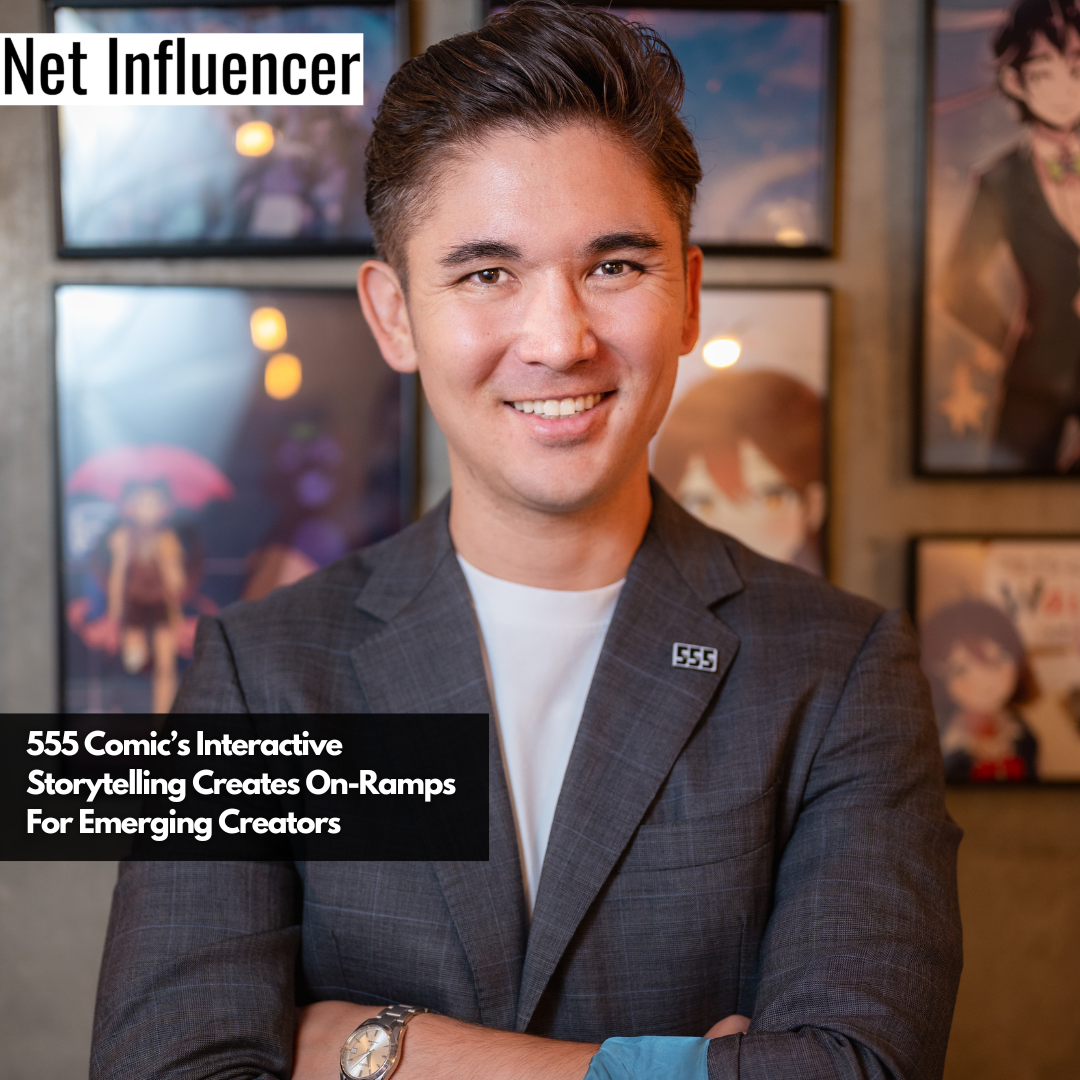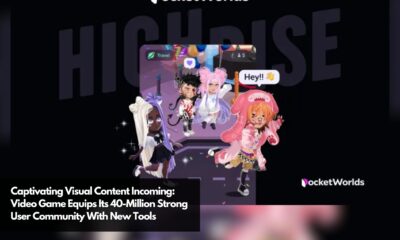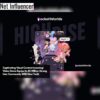Technology
555 Comic’s Interactive Storytelling Creates On-Ramps For Emerging Creators
Interactive comic startup 555 Comic is pioneering ways to turn fan fiction into viable careers. The company lets users collectively expand storyworlds through online roleplay, digital cosplay, animation and fanart.
555 Comic’s Interactive Storytelling Creates On-Ramps For Emerging Creators
“We want to make fanfic into a career so that you can go from fanfic to profic,” says 555 Comic founder Ben Watanabe, outlining his vision to transform fan fiction into sustainable livelihoods. Watanabe draws parallels to open source coding, which enabled hobbyist hackers to become professional developers by letting them hone skills on real-world projects.
Similarly, 555 Comic aims to “[open] up that story for people to create” via its flagship universes like Luna’s Poppy Valley high school. Instead of solitary writing, fans collectively expand these worlds through games, cosplay, fanart and animated skits. This provides a crucial experience Watanabe feels gets overlooked by traditional creative paths.

“It’s very hard to write a whole universe alone,” Watanabe explains, noting even big brands like Marvel leverage writing rooms. So 555 Comic deliberately keeps its worlds “very foggy” with details like maps. This leaves narrative gaps for fans to fill with their own ideas and areas to make their mark.
Crucially, the company establishes a “user agreement that allows [fans] to go from a personal use license into a commercial use license” with their contributions. This grants creators flexibility to potentially profit off content if they build a business around their personas and fan communities.
On the product side, 555 Comic focuses on accessibility, building tools to minimize barriers. A character creator lets fans design avatars without art skills. A new TikTok virtual avatar filter means “you can tap the TikTok effect when you see somebody else using it and get your own VTuber,” Watanabe notes. This user-friendly onboarding helps expand the creator pool beyond already-savvy artists and cosplayers.

But the core draw are the rich worlds 555 Comic devised for fans to inhabit. Poppy Valley revolves around Luna, a high school student vlogging about her bizarre, clown-plagued campus where kids periodically vanish. The intimate, selfie-style filming perspective makes Luna feel like a close friend, prompting fans to talk to her directly.
This intimacy draws in initial audiences, but the worldbuilding and emergent roleplay keeps them engaged. As Watanabe sums up, “Because this story and because that character becomes your identity…they are part of a bigger world.”
Eventually these grassroots creative circles feed back into 555 Comic’s commercial efforts. The company watches fan theories on unfolding plotlines and at times integrates compelling suggestions into official canon. This closes the loop between indie creators and IP holders – offering career onramps while keeping storyworlds dynamic.
For Watanabe, this interplay fulfills fan desires: “I could have never imagined being featured in my favorite comic, like, or favorite anime. And I would have called you crazy if you told me that I could but we’re creating that experience for everyone.”
It also keeps 555 Comic productive amid rapid content demands. With core story beats mapped ahead of time, animating new footage responding to fan input is feasible without overstretching small teams. Watanabe notes most of the content “started production like four weeks ago and finished maybe a week or a couple of days ago.” This leaves ample room to adjust based on audience engagement.
Looking ahead, Watanabe expects such participatory storytelling to permeate digital platforms as younger users shift entertainment online. Already virtual avatars are surging as users “[go] the screen, to the mobile, to the online for the fantastical” while locating “real life interactions” offline.
Aligning digital and physical experiences to complimentary social functions will make each healthier. Reality can be divisive – but fiction unites people. So the more social media emphasizes fictional realms where anything is possible, the less it will be burdened to reflect real life. If online interactions occur in imaginary settings, real-world conversations can focus on tangible relationships.
This outlook fuels 555 Comic’s model—and potentially the path of social content overall. As Watanabe states, “Every past media platform evolved from nonfiction into fiction, from radio to video.”





















